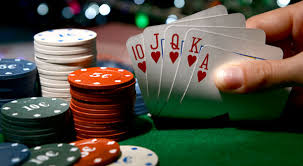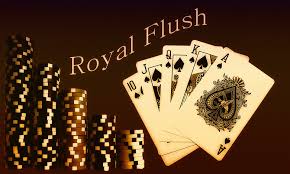Implied Odds: Poker Strategy

In any betting games, whether it is land-based or over the internet, poker is the most popular game . Let us face it. Playing this game is more than the luck of the cards on your hand, since you also strategize by reading the signs exhibited by your opponents. Sometimes, reading body languages of your poker frenemies is not enough. One way of outsmarting them is through blocking bets and implied odds. This method, the implied odds, makes use of the opponent's mistake by using them as your advantage. The technique should be used with caution because it involves measuring the potential winning for that hand against the amount you have to make for the next call.
For example, you are in a raise of $20 dollars in a pre-flop while the raiser has $500. In this case, you are paying worth $20 for a potential win that may worth as high as $500. This scenario provides you implied odds of 25/1 or 500/20. Using the technique is best employed when you are playing against players who always call and never raise (stations) or gamers who play anything (maniacs). Just take note that using this method will not always give you the winning result, but chances are you will be playing the round safely and with minimal loses.
Using the technique can be employed in different cases, for example, during the pre-flop, you open-raise to $15 with five pockets while the blinds are $2/ $4. Your tight player opponent raises, making the pot reach $100. You decided to call the extra $85 because you knew that your opponent has $1,400 left in chips. The question here is will you do the odds? If the enemy has A-K or pocket 10's, and he missed the flop, his tendency was to fold. In this case, you will call $85 to win the amount of $121, and not $1,400. The move of calling is incorrect because the odds you flop are in 7:1 while you are getting 1.4:1 on your money. A number of odds calculator apps have been developed to asst players in making the best possible decision, too.
Another case concerns a tight and predictable opponent who implied during an early position during a $1/ $2 cash game. The other player re-raised to $25 after you raised to $10. In this case, you might be only getting 2/1 on your pre-flop call, but you could win 15 times more if you hit your hand. The method works here because it has potential, nothing more.







